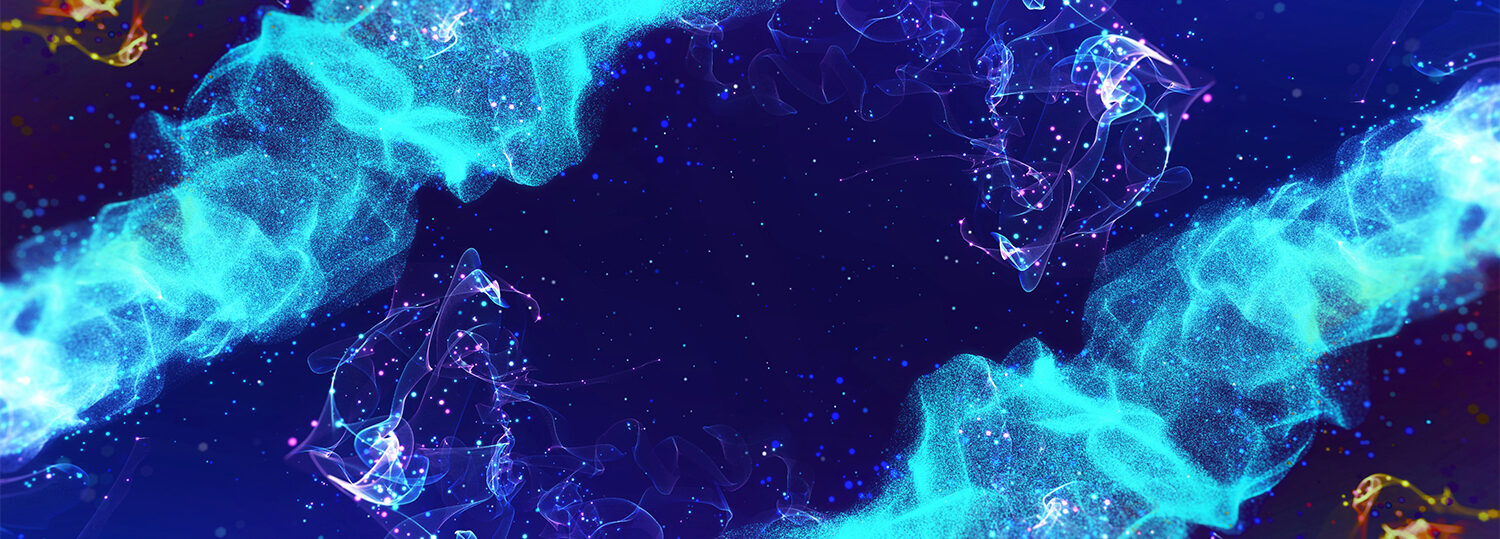Written by Valerie Wehiong-B
From June 2–10, the Center for Complex Particles Systems (COMPASS) Grand Challenge brought together 91 participants from 15 African countries to tackle some of the most pressing scientific and technological questions at the intersection of Artificial Intelligence, Machine Learning, Geo Particle Research, and Bioparticle applications. In a fully virtual, intensive program, students, early-career researchers, and faculty from a multitude of institutions, engage in “scientific diplomacy” by working in diverse teams across time zones and disciplines, often overcoming barriers like limited internet, unstable electricity, and access constraints, to deliver insightful, data-driven solutions using tools like StructuralGT. With mentorship, expert-led webinars, and collaboration as its backbone, the Challenge fostered technical skill-building and global partnerships. It demonstrated the power of inclusive innovation to drive scientific discovery in resource-limited settings. This initiative exemplifies COMPASS’s mission: advancing complexity science through equity, engagement, and excellence.
The keynote address by NC State professor Martin Thuo set a powerful tone for the week, urging participants to embrace frugal science: designing low-cost, accessible technologies that solve high-impact problems. This theme resonated throughout the Challenge, where participants proved that meaningful scientific advancement is not limited by geography or resources but is driven by curiosity, collaboration, and purpose. The COMPASS Grand Challenge is more than a competition: it’s a platform for equity, mentorship, and global knowledge exchange.
The COMPASS Grand Challenge 2025 proudly recognizes outstanding teams whose projects demonstrated creativity, scientific rigor, and impact under the themes of AI in Bioparticle and Geoparticle Discovery.
First Place – Team BP-04
Dr. Chinyere Blessing Ezekannagha
Madonna University, Nigeria
Project: Accelerating the Analysis and Adoption of Banana Peel Biochar as a Nanocatalyst in Biodiesel Production from Papaya Seed Oil Using AI/ML Approaches
Dr. Ezekannagha stood out as a solo researcher who showcased remarkable tenacity and creativity. Her project transformed agricultural waste into clean energy, leveraging AI for sustainable fuel development, truly embodying the spirit of frugal innovation.
Runner-Up 1– Team GP-08
Elkana Rugut (Pioneer International University, Kenya)
Sankara Aluko (Maasai Mara University, Kenya)
Project: Quality Inspection of Fertilizer Granules Using Image Processing Technique
This compact team developed an AI-based image processing model to enhance agricultural quality control: a critical need in regions where food security depends on fertilizer reliability.
Runner-Up 2– Team BP-05
Gisele G. Youbouni, Emmanuel Dicka, Ange Lucie Mbamba, Jonas Essome Mbang
University of Douala, Cameroon, Sheriff Adewuyi, Federal University of Agriculture, Abeokuta, Nigeria
Project: AI and ML-enhanced Innovative BioNanoPur Using Water Hyacinth Root Fibrous Structure, Nanochitosan, and Kaolin as a Sustainable Water Purification Solution
This diverse cross-national team delivered an innovative AI-driven water purification system using local natural materials: an exceptional blend of bioscience and engineering that addresses the global clean water challenge.
These winners exemplify what’s possible when collaboration, AI, and purpose-driven science come together. Their work not only advances research but also reflects the broader COMPASS mission: to empower emerging researchers and solve real-world problems through equitable and innovative scientific exploration.
